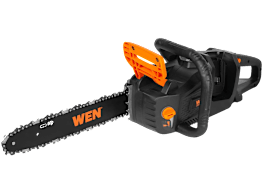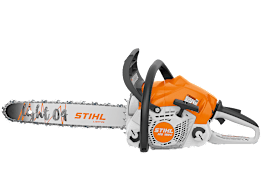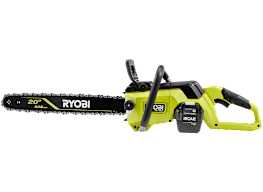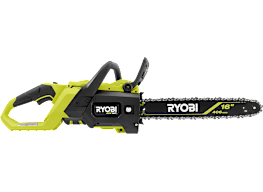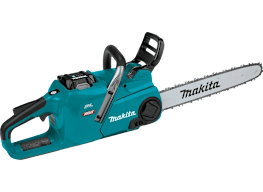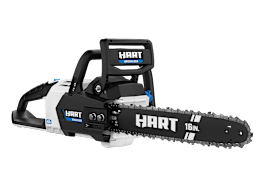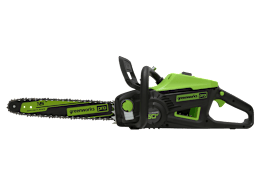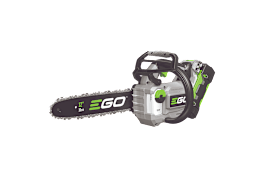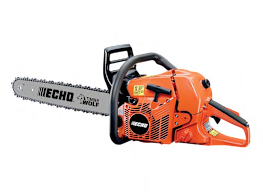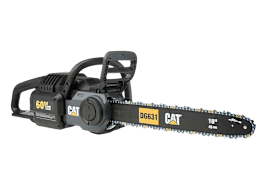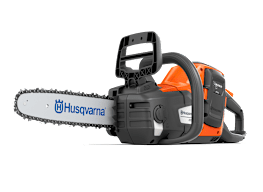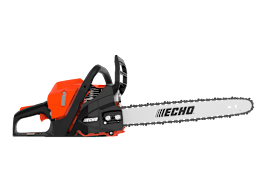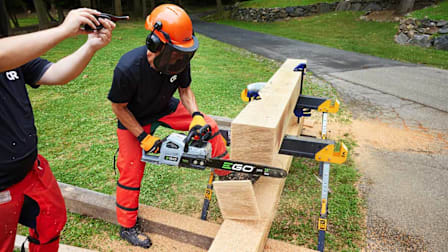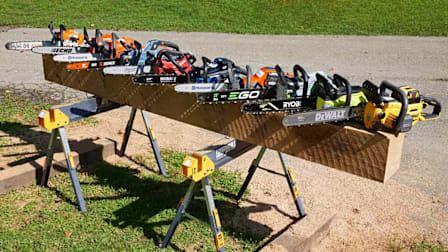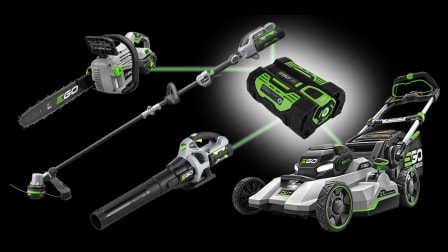Best Chainsaws for the Money
Top electric, battery, and gas models from Consumer Reports' tests—all highly rated, and all for $300 or less
When you shop through retailer links on our site, we may earn affiliate commissions. 100% of the fees we collect are used to support our nonprofit mission. Learn more.
The priciest chainsaw in CR’s ratings costs 10 times more than the least expensive option. That’s a big difference between two tools that are designed to do basically the same thing.
And those models aren’t outliers—you can pay anywhere from about $50 to nearly $500, and you definitely don’t always get more for your money.
In fact, our testing routinely finds great chainsaws that don’t break the bank, and plenty more that are overpriced pieces of junk. Prices are driven, in part, by the type of saw you choose. "Corded electric chainsaws, for instance, tend to be the least expensive, while you’ll generally pay more for battery and gasoline options,” says Courtney Pennicooke, CR’s market analyst for outdoor power tools.
How Consumer Reports Tests Chainsaws
To evaluate chainsaws, we consider how well they cut, how easy they are to handle, and how safe they are to operate. Using 10-inch-thick oak beams, we time how long it takes for each saw to work its way through the wood. We use oak because it’s one of the hardest woods most users will encounter on their property, and it makes for a particularly demanding test that reveals differences among models. Those that cut faster earn a higher rating for cutting speed.
We assess how each saw handles, considering its weight and how easy it is to make horizontal and vertical cuts, and check for any vibration.
For ease of use, we look at a number of factors, including how simple it is to start, adjust, and maintain a saw. We size up safety features, check for any kickback during the course of cutting, and assess whether a model’s exhaust parts, like the muffler, get hot, which can pose a burn hazard.
We also incorporate ratings for predicted reliability and owner satisfaction, which reflect what thousands of CR members told us about their experiences with chainsaws they’d purchased. Specifically, they reported whether their chainsaws ever broke or stopped working properly over the first five years of ownership, as well as whether they were extremely likely to recommend their chainsaw to a friend or family member.
Below, we highlight the best chainsaws for the money, no matter your price range. Keep in mind that prices can fluctuate, but depending on when and where you buy, you may even find some saws on sale.
Best Chainsaws Under $150
At this price, most models you’ll find are corded electrics and a handful of smaller gas saws. Expect shorter cutting bars, especially on gas models, and less powerful engines.
Best Chainsaws Under $200
In this price range, you’ll find a handful of gas chainsaws—most of them smaller in size. We also spotted a few entry-level battery saws, though none that perform well enough for us to recommend.
Best Chainsaws Under $300
For $300, expect to find saws of any type, including battery options that perform well.

















